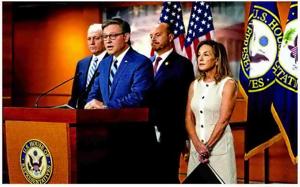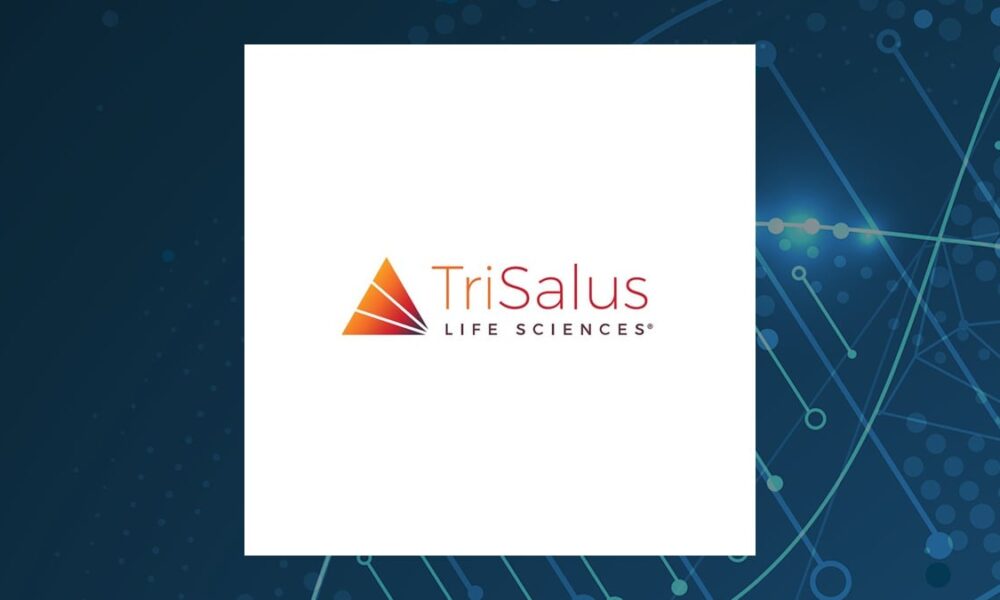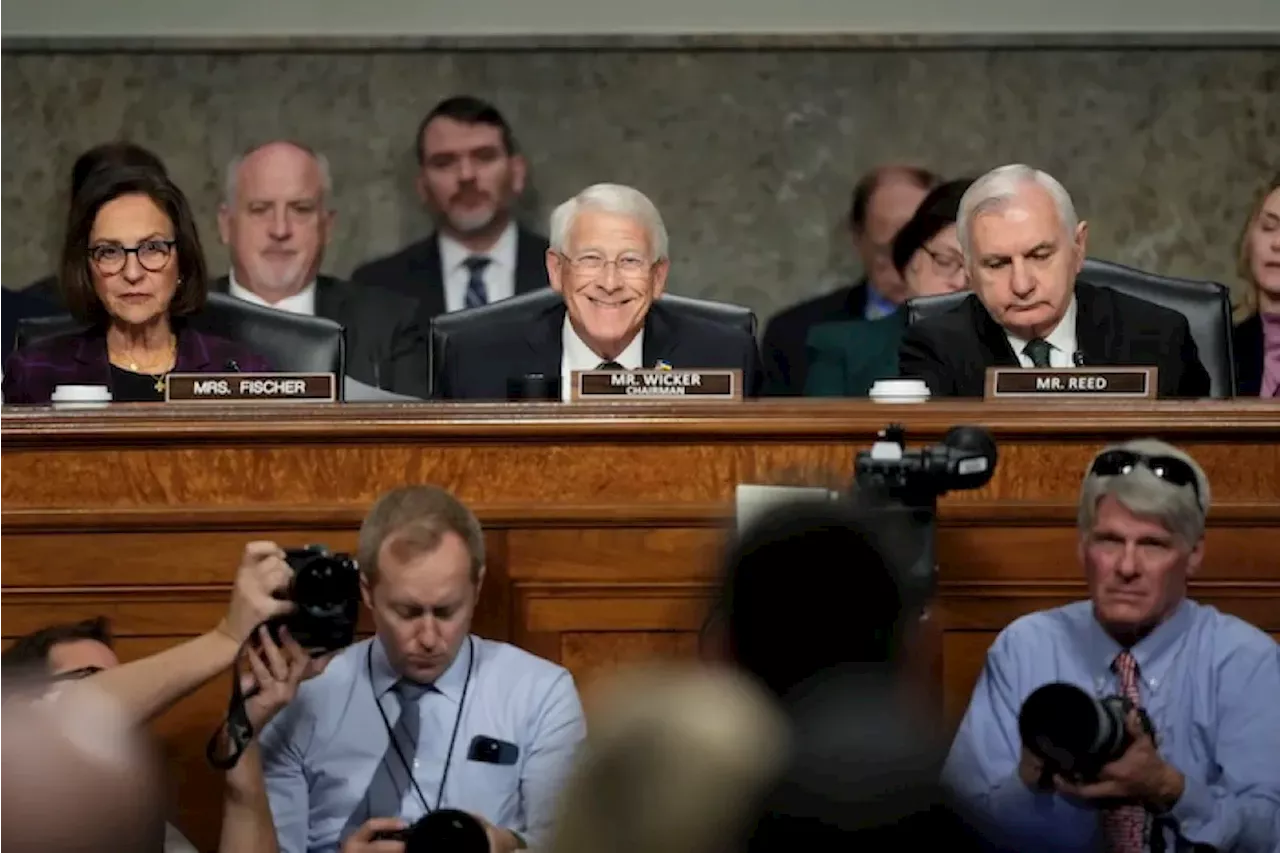The ongoing federal shutdown, which has now entered its fourth week, is reigniting discussions among Republicans about the potential repeal of the Affordable Care Act (ACA). As the impasse continues, political tensions are rising, particularly as Republicans accuse Democrats of neglecting their duty to fund government operations.
The shutdown, which began on September 30, 2023, has left numerous federal agencies and services in limbo, impacting millions of Americans. Political leaders are under increasing pressure to reach a resolution. According to a recent poll, nearly 70% of Americans disapprove of how Congress is handling the situation, indicating widespread frustration with the current state of affairs.
Republican Strategy Focused on Health Care Law
Republicans are seizing the opportunity presented by the shutdown to renew their focus on the ACA. Prominent GOP members argue that the funding crisis is a chance to address what they describe as a costly and ineffective health care program. They are particularly emphasizing the rising premiums and deductibles faced by consumers, which they claim are direct consequences of the ACA.
Senate Minority Leader Mitch McConnell has voiced strong support for the repeal efforts, stating, “We cannot allow this law to continue to burden American families with higher costs.” His comments reflect a broader strategy among Republicans to leverage the shutdown as a platform for their long-standing opposition to the ACA.
The Congressional Budget Office (CBO) has projected that the ACA will significantly increase federal spending over the next decade. This financial perspective is a critical talking point for Republicans, who argue that repealing the law could help restore fiscal responsibility in government.
Democrats’ Response and Legislative Impasse
In contrast, Democrats have characterized the GOP’s push for repeal as politically motivated. They assert that the ACA has expanded health coverage to millions of Americans and reduced the uninsured rate to historic lows. House Speaker Nancy Pelosi has emphasized the importance of protecting health care access, stating, “We will not allow partisan politics to endanger the health of our citizens.”
The standoff has left both parties at an impasse. While Republicans are eager to attach health care reform to any potential budget negotiations, Democrats remain steadfast in their support for the ACA. As discussions continue, the likelihood of a compromise remains uncertain.
With the shutdown affecting federal employees and services, the stakes are high. Approximately 800,000 federal workers are currently furloughed, and many more are experiencing disruptions in service delivery. The longer the shutdown lasts, the more pressure will mount on both parties to find common ground.
As the situation unfolds, it is clear that the federal shutdown has opened the door for renewed debate over health care reform. The outcome of this debate may have lasting implications for both parties as they prepare for the upcoming election cycle. The next few weeks will be critical in determining whether bipartisan solutions can emerge or if partisan divisions will continue to dominate the landscape.







